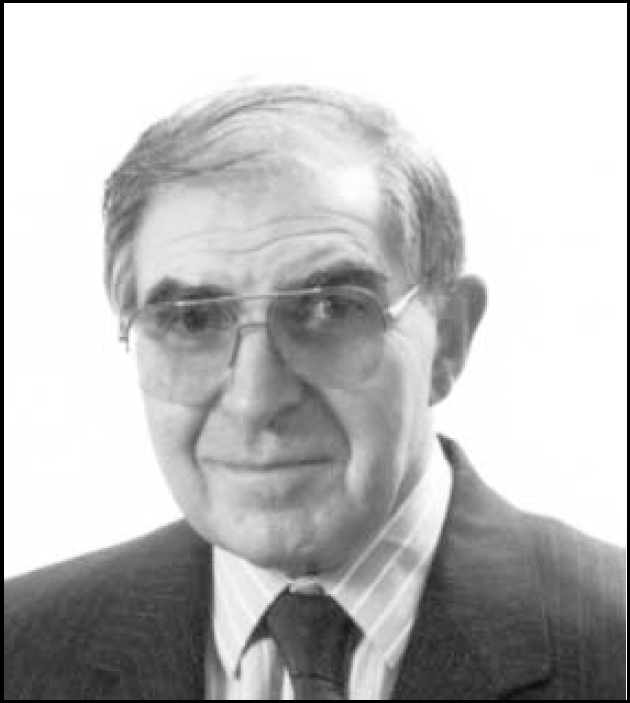Ashley Robin was born in 1925 in the East End of London and was raised in Greenford, attending Ealing Grammar School. He moved with his family to Glasgow at the age of 16, although he had cycled there by himself at 14 — an early demonstration of his determination, which remained throughout his life. He studied medicine at Glasgow University, where he graduated MBChB in 1947 and was awarded his MD in 1958. He began his career in psychiatry when he was 23 at Runwell Hospital, from 1950 to 1980, where he eventually became consultant and sometime deputy physician superintendent. He gained the DPM in 1951 and was elected FRCPsych in 1972. His first mentor, James Valentine, considers him “one of the best”, a phrase with which all who knew him would agree. He was an authority on the Mental Health Act and gave distinguished service as a medical member of the Mental Health Act Tribunal from 1960 until 1997, retiring at age 72. He took a scholarly approach to his subject and applied careful scientific method to his research, which was unusually prolific for a full-time consultant, with more than 45 research studies and articles published, mostly in the British Journal of Psychiatry.

Ashley rang me just after he had a serious heart attack while going to (and completing) interviews for a post-retirement post at the Department of Health in 1980. He completed the interview and returned to his flat and rang me to take him to Charing Cross, although we had never met. After his coronary, I persuaded him to begin his second career at Charing Cross, where he became Head of the Gender Identity Unit, the largest in the world. He was, as well, a consultant to the Home Office, examining inmates at Pentonville Prison. This determination not to be daunted by health difficulties served him well for the succeeding 21 years, despite a coronary bypass in 1985, and 10 years of increasing heart failure and Parkinson's disease.
His last contribution to medical knowledge was an analysis he and I made of the decline in admissions under the Mental Health Act through the 1970s until 1987, after which they steadily increased to previous 1970s levels. He noted that the change occurred when bed numbers crossed the point that Tooth and Brook, in 1972, predicted that bed numbers would meet need, following the discharge of the old long-stay from mental hospitals and their eventual closure. Tooth and Brook had not anticipated the zeal of managers and advocates of community care to shut down beds far beyond scientifically estimated predictions. Unfortunately, publication was rejected — we felt this was because the statement went against the rush to ‘community care’.
Ashley courageously nursed his French wife, Monique, during her long illness with cancer and she died in 1992. He renewed his interest in bridge, and played 2-3 times a week in London and on holidays, often with his sister Jeannette in warmer parts of the world. In the last 2 or 3 years of his life he was increasingly handicapped by his Parkinsonism, yet travelled to Turkey just 4 months before his death, and played his last hand of bridge only a week before he died.
Ashley Robin engendered warm feelings; he had a wonderful dry humour and was a man of the highest principles, who was respected and appreciated by his professional colleagues, friends and family alike.
He leaves a son, Philip, a daughter, Jane, and four grandchildren whom he adored and of whom he was extremely proud.



eLetters
No eLetters have been published for this article.